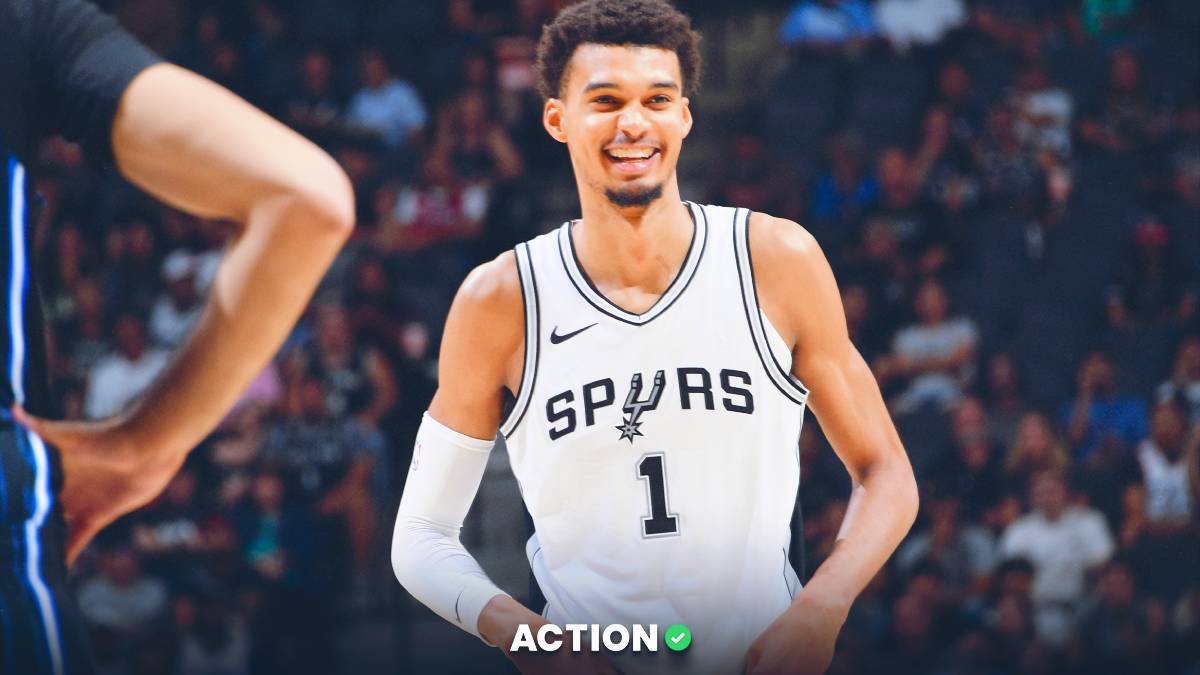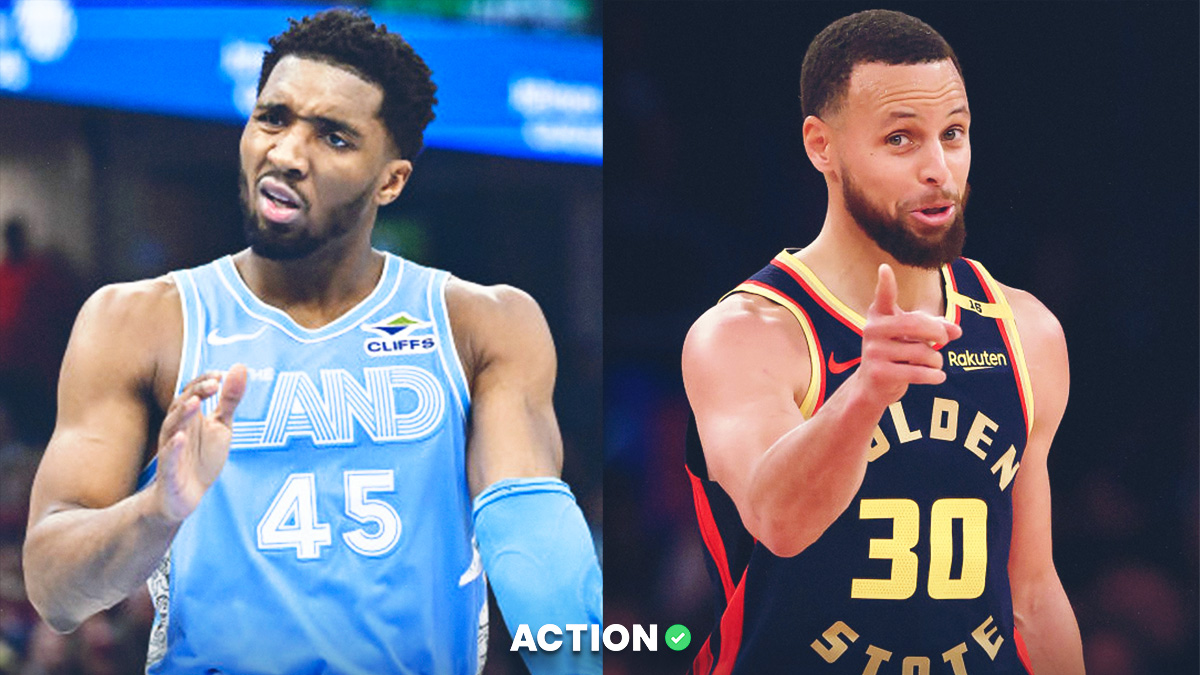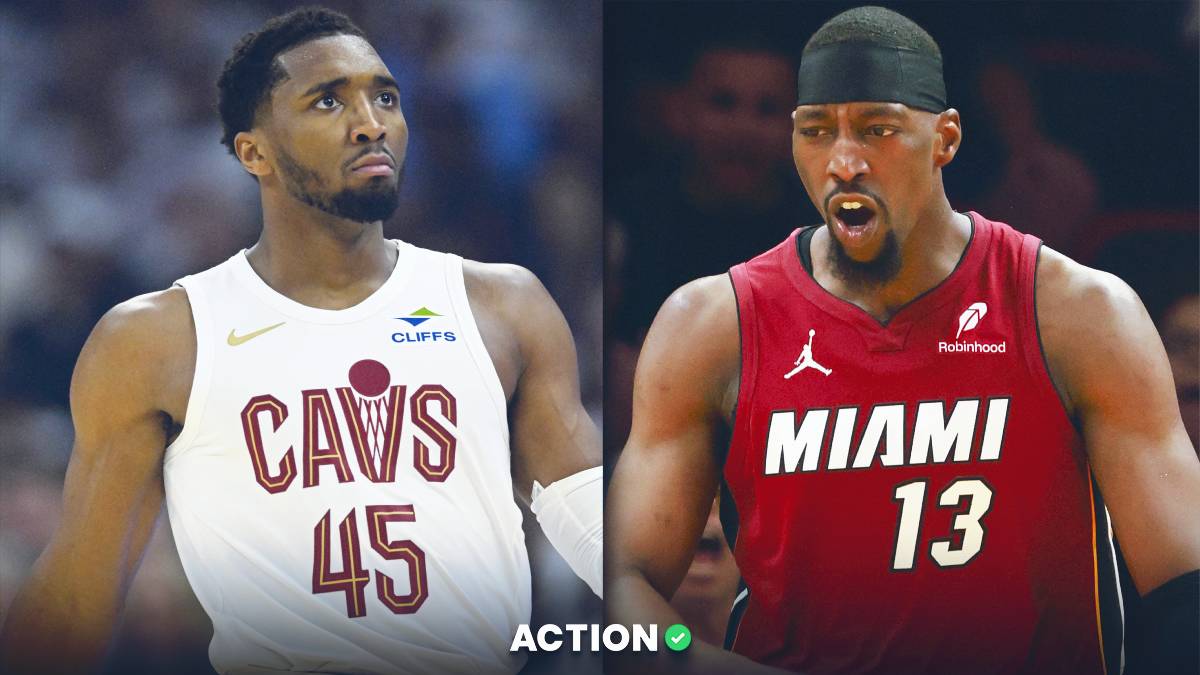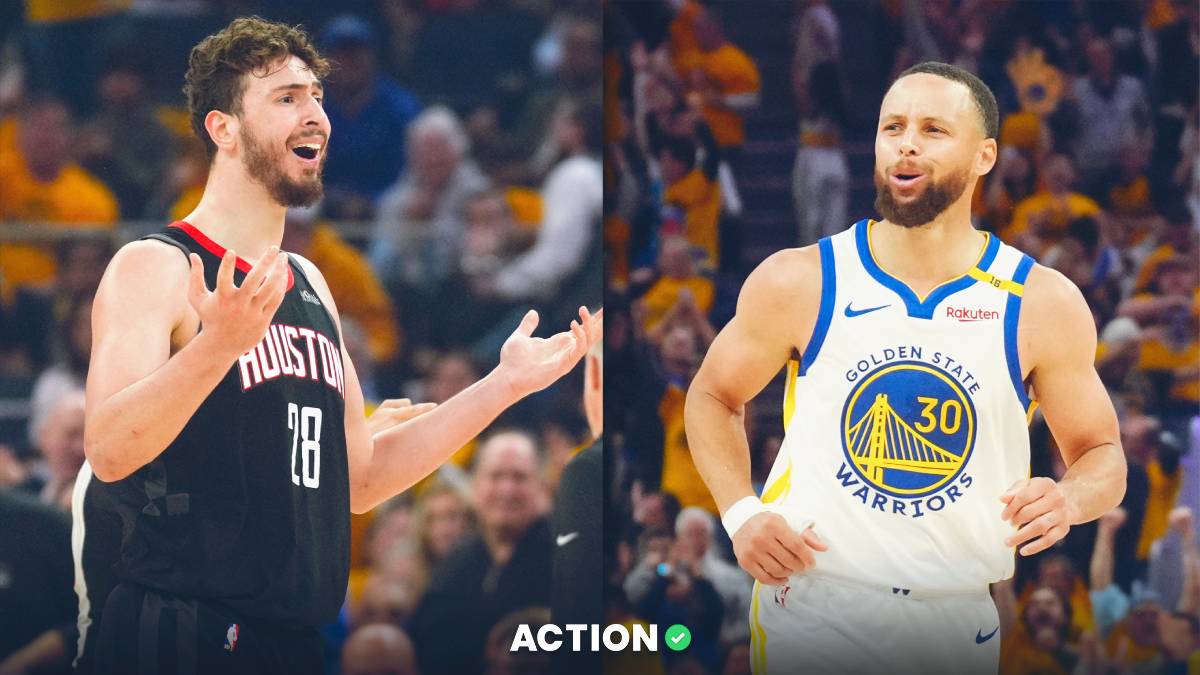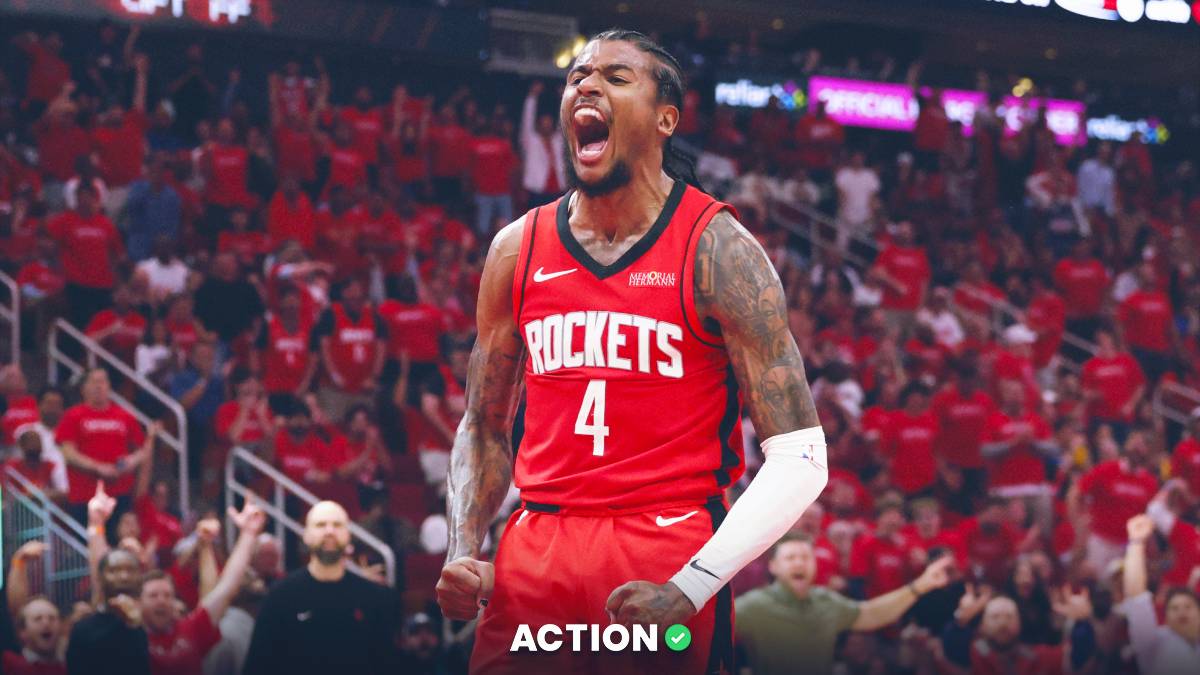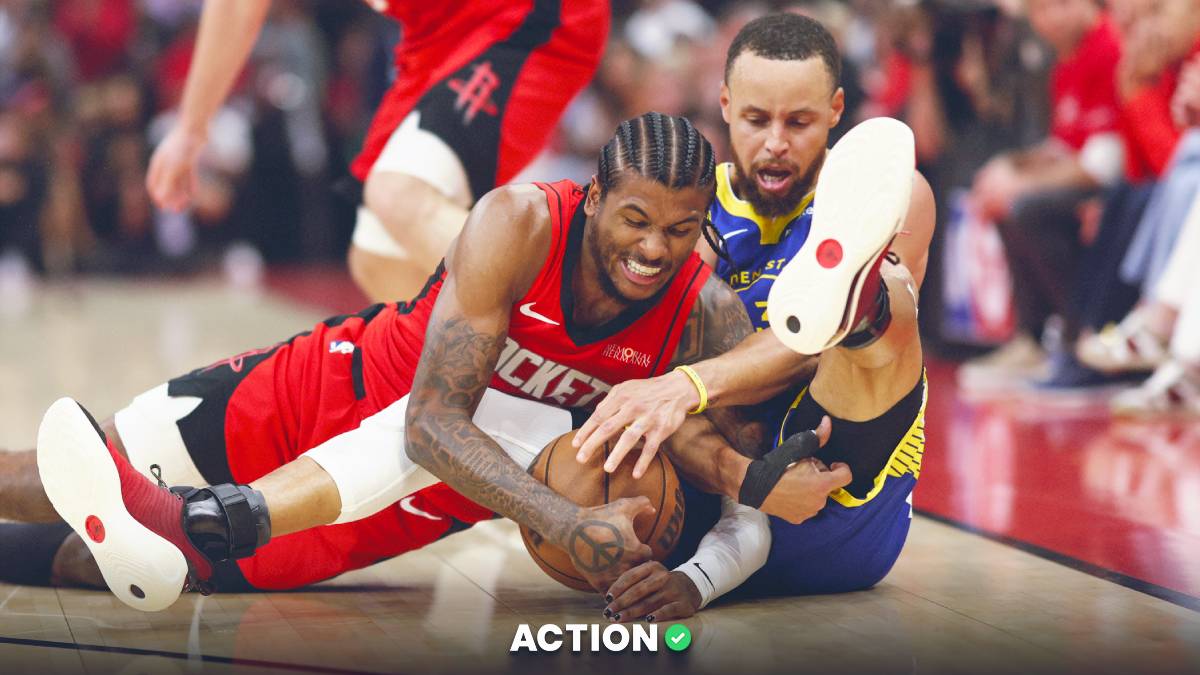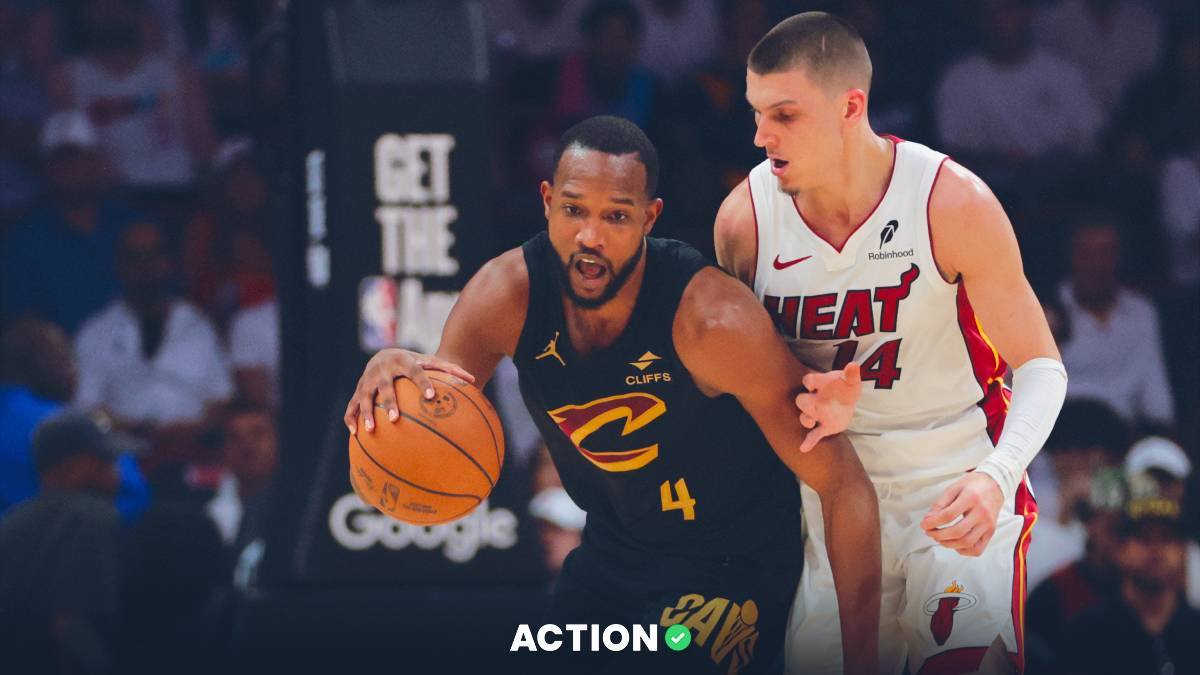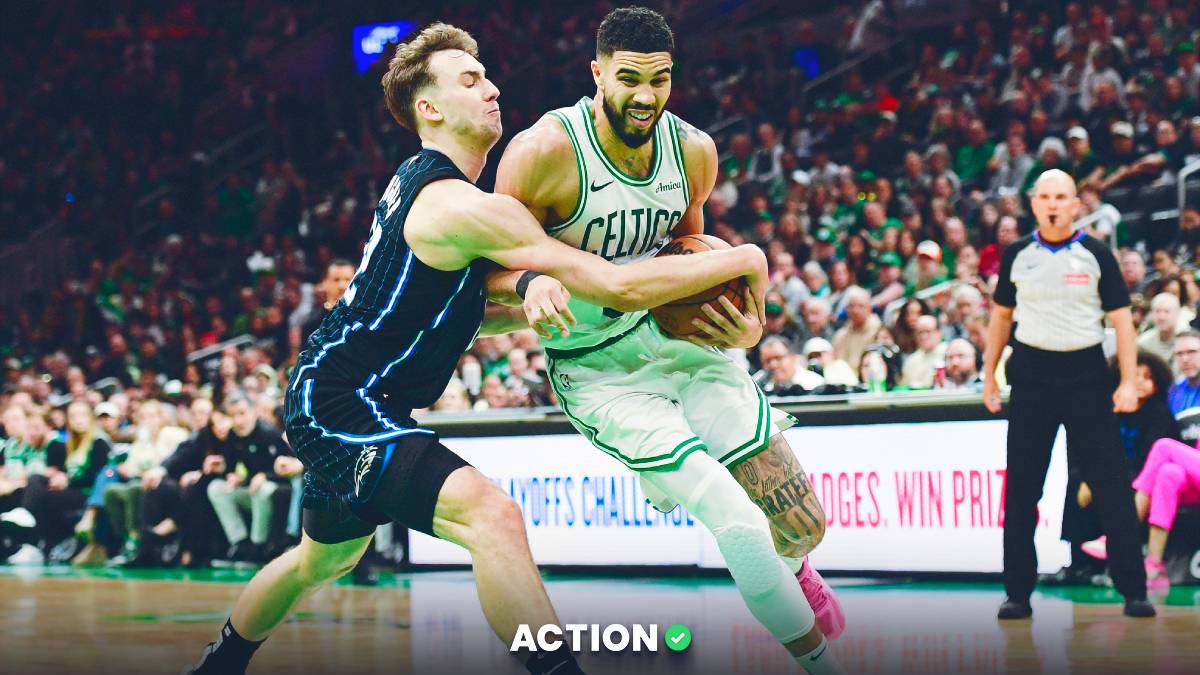Victor Wembanyama entered the 2023 Draft as one of the most-hyped prospects in NBA history. During his rookie season, he exceeded expectations to the point where allegations of an extraterrestrial nature were swirling. Check out these 3 stats that prove that Wembanyama isn’t human — and show why he shouldn’t win the NBA' Most Improved Player award.
3 Incredible Victor Wembanyama Stats
It’s the 2000 U.S. Open at Pebble Beach. After an errant drive on the sixth hole, Tiger Woods wades into the thick, unforgiving rough clutching a seven iron. He needs to get enough elevation to clear the tree and get the ball onto the cliff, but also generate enough power to reach the 202-yard pin. Oh, and it’s a blind shot with wind involved.
Everyone else would lay it up. Not Tiger.
He trusts his talent and delivers one of the most impressive shots in golf history. Stunned NBC announcer Roger Maltbie famously said, “it’s just not a fair fight … my question is how do you beat that?”.
That sense of disbelief and awe is exactly what Wembanyama inspires. He can do things on a basketball court that nobody else even imagines — and the stats agree.
Off The Dribble 3-Point Shooting
Twnety-five players attempted at least 150 pull-up triples and shot a minimum of 35% on them last season. Luka Doncic and Paul George, at around 6’7” to 6’8”, were the tallest players to accomplish this feat.
Sorry, I forgot one player. Wembanyama went 63-for-168 on pull-up triples (37.5%), despite standing around 7’4” tall. It’s a high-volume skill reserved for guards and wings, yet nobody apparently told Wembanyama.
Due to his pterodactyl-esque wingspan, defenders can’t bother the shot, much less block it. If Wembanyama continues to consistently make this shot, it'll become a uniquely unstoppable go-to playoff weapon for the next decade.
Rim Protection
He chose … poorly. That’s the typical outcome when a player challenges Wembanyama at the rim.
According to Basketball Index, Wembanyama recorded a block on 39% of his rim contests. That was by far the largest percentage in the database going back to the 2017 season. Additionally, Wembanyama blocked 10.02% of opponent’s 2-point attempts when on the court. Only the legendary Manute Bol has bested this mark in a single season since the stat originated in 1974.
Wembanyama's incredible combination of length and quickness means he can alter shots and warp geometry at an unprecedented level. He’s the most dangerous help defender in the league, which allows him to erase advantages in the blink of an eye.
Defensive Impact
San Antonio’s defense surrendered 112.8 points per 100 possessions with Wembanyama on the court, per Cleaning the Glass. For context, the Houston Rockets produced the same defensive rating and finished 10th best in the league.
That rating plummeted to 121.3 points per 100 possessions when Wembanyama took a breather, which would have comfortably been the worst defensive rating.
Essentially, Wembanyama single-handedly transformed a horrific defensive supporting cast into a top-10 defense. Once the Spurs build up their roster and add effective defenders, look out. They already took a major step in this direction by drafting Stephon Castle fourth overall.
Overall, Wembanyama finishing second in Defensive Player of the Year voting as a rookie speaks to his league-shattering potential.
Why Victor Wembanyama Shouldn’t Win Most Improved Player
He’s the frontrunner for the award and owns odds as low as +650 on some online sportsbooks (13.3% implied probability).
I’m not arguing that Wembanyama won’t take a massive leap this year. He probably will. We expect it to occur and would be disappointed if he isn’t an All-NBA caliber player, that's the bar he has set.
However, Most Improved Player should go beyond solely measuring improvement and also include an element of surprise. The out-of-nowhere leap and a fan's excitement that their team found a diamond in the rough who is drastically exceeding expectations. That's the rightful spirit of this award.
Last season’s race provided a great example of my position. Tyrese Maxey posted near All-Star numbers and then made a predictable All-Star leap once he took over James Harden’s usage. Was anyone shocked that Maxey handled the role? He had just averaged 20-3-3 in the previous season. Maxey was on the path to stardom and simply followed it.
On the other hand, Coby White went from being a decent guard on Chicago’s bench to a borderline All-Star and a legitimate franchise building block. If you told someone before the season that White would average 19-5-4, how many people would have believed you?
Don’t take this as betting advice, but rather a critique on the voters (although +650 is a terrible line and shouldn't be touched).
As a side note, it’s worth mentioning that only five sophomores have won this award since its inception in 1986.
- Monta Ellis 2007
- Gilbert Arenas 2003
- Don MacLean 1994
- Rony Seikaly 1990
- Alvin Robertson 1986


